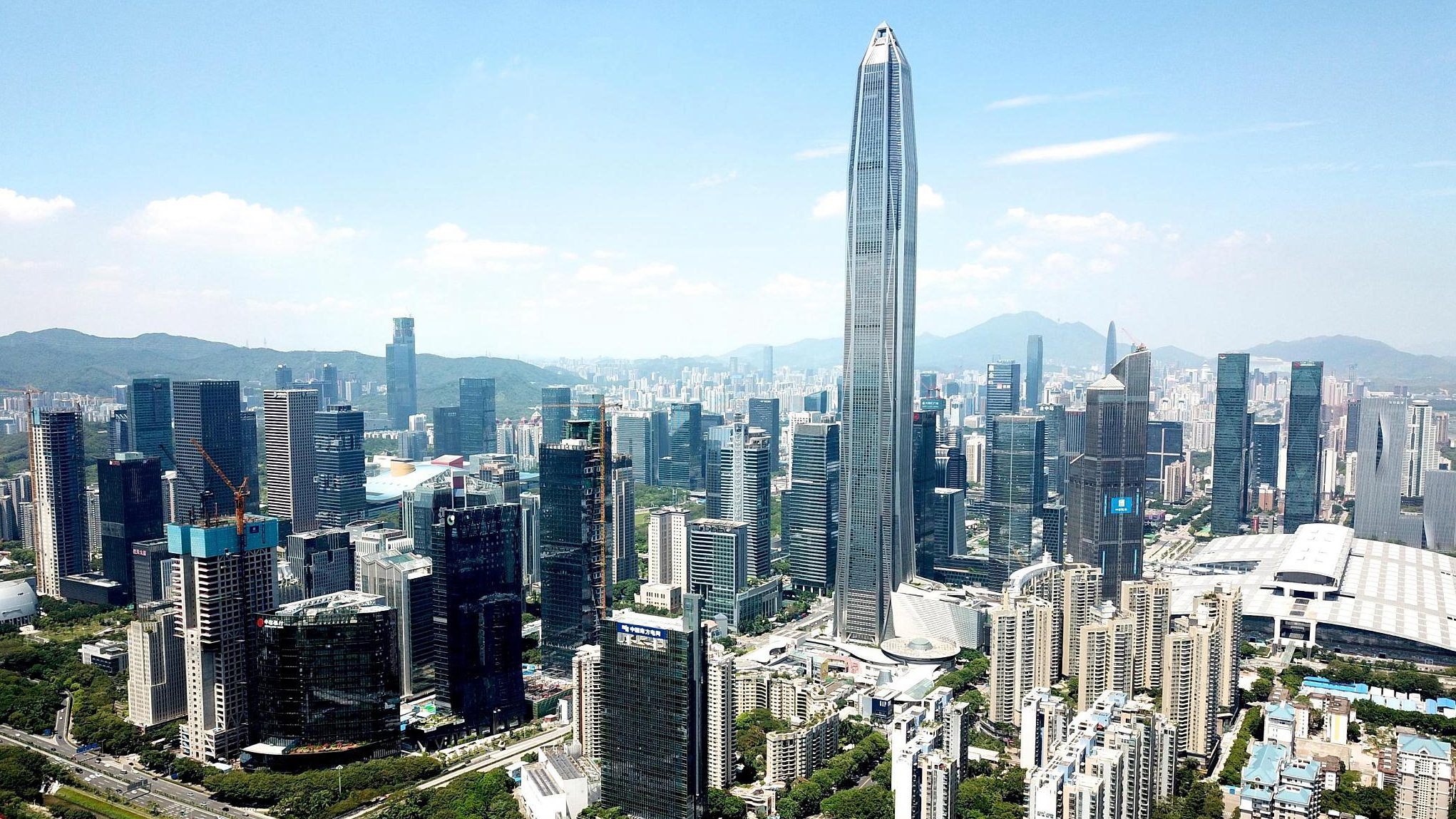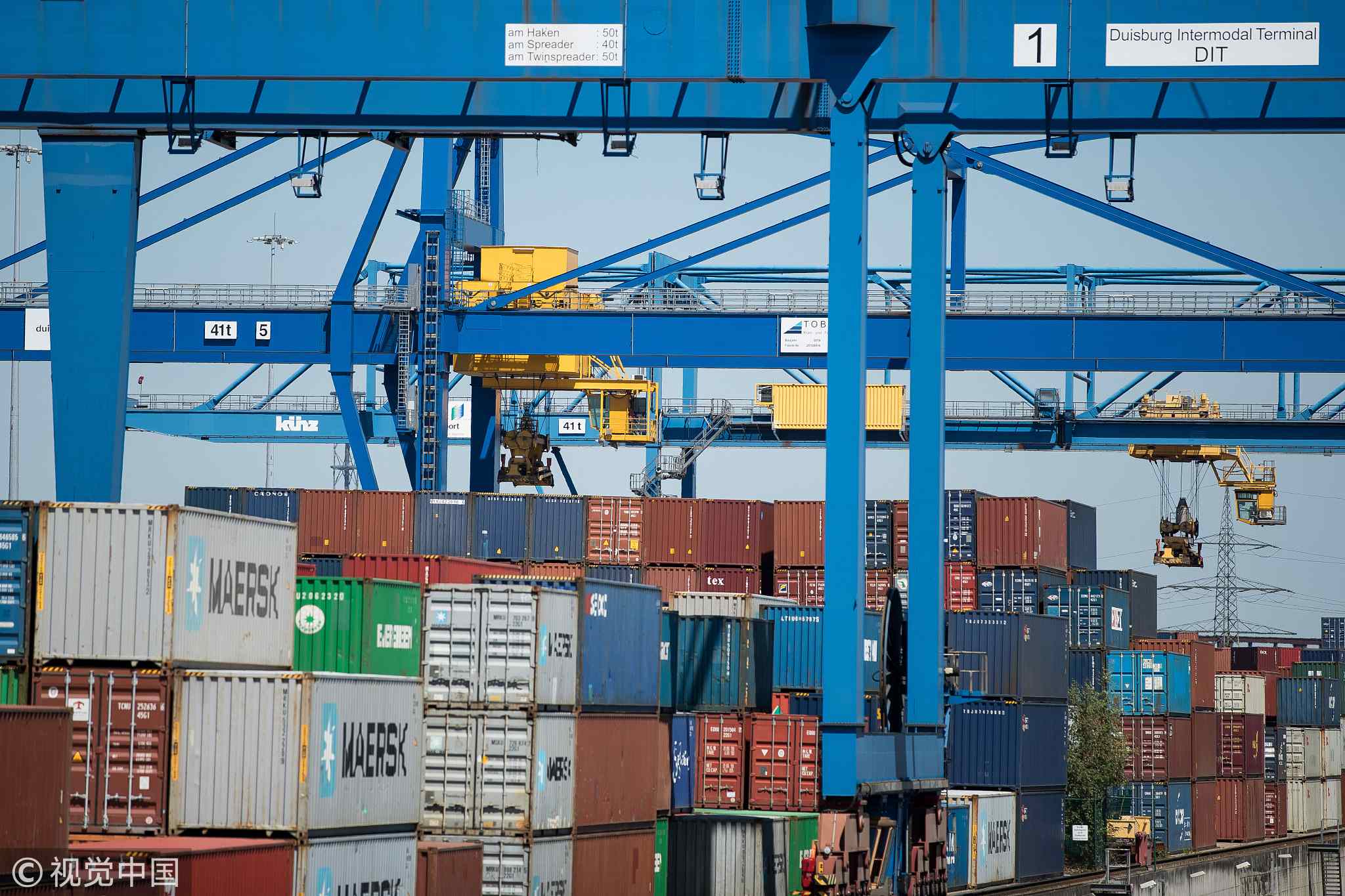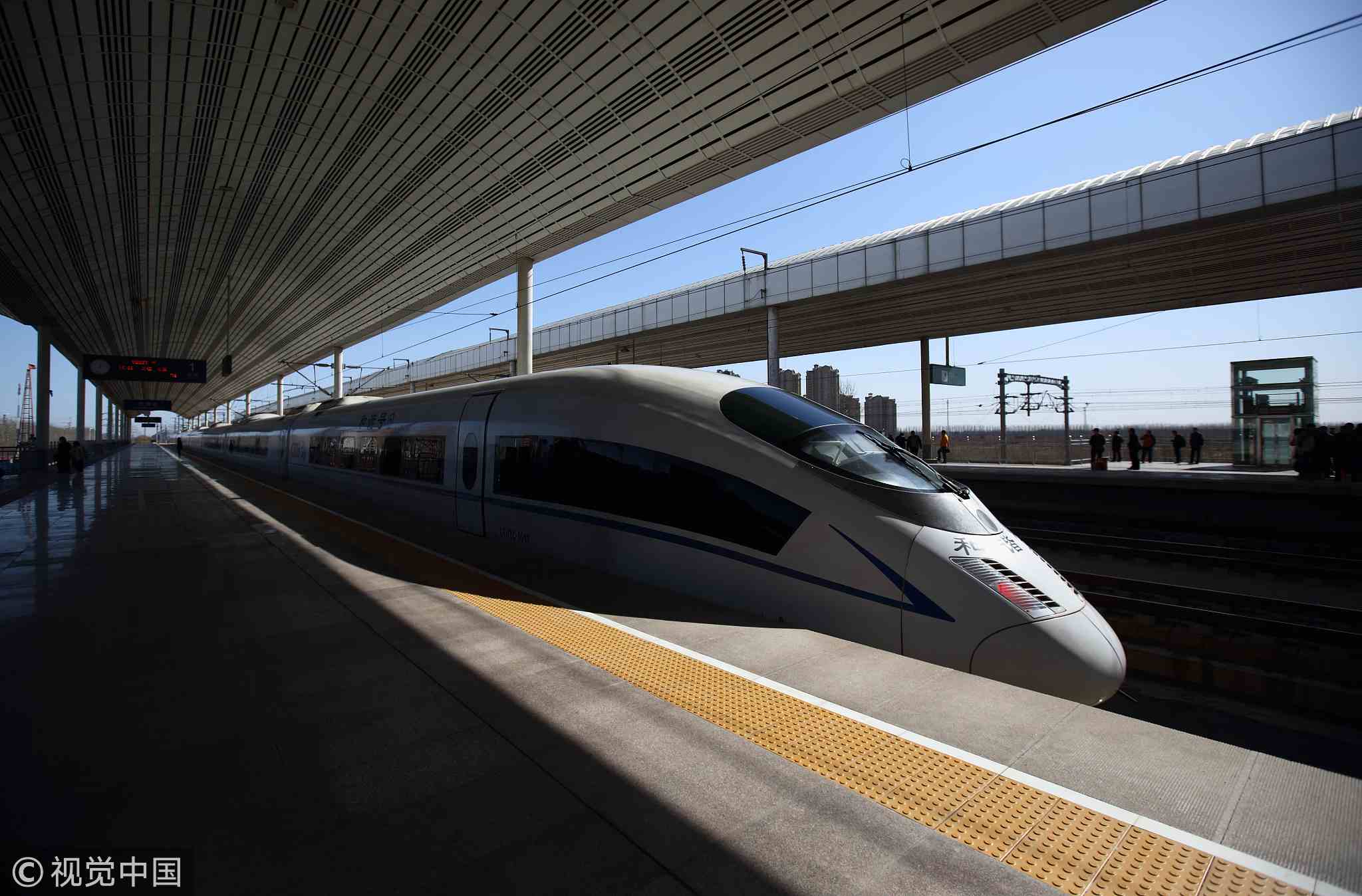
Opinions
10:30, 30-Sep-2018
Opinion: Reform is a never-ending breakthrough in China
Updated
10:23, 03-Oct-2018
By Zhang Jianping and Du Jingjing

Editor's note: Zhang Jianping and Du Jingjing are research fellows at the Chinese Academy of International Trade and Economic Cooperation under the Chinese Ministry of Commerce. The article reflects the authors' opinions, and not necessarily the views of CGTN.
This year marks the 40th anniversary of China's reform and opening-up initiative envisioned by late Chinese leader Deng Xiaoping in 1978. Looking back to the past 40 years, China's opening-up has been a key driver of its reform.
Established in the 1980s, China's special economic zones not only attracted capital and technology to boost the country's development but also brought the market economy model and started the shift from China's deep-rooted planned economy.
By the time the Pudong New Area took shape in 1993, China had accumulated massive experience to establish a socialist market economy after trial and error.

The moon shining over the financial district of Pudong in Shanghai, China, August 29, 2018. /VCG Photo.
The moon shining over the financial district of Pudong in Shanghai, China, August 29, 2018. /VCG Photo.
More noticeably, the World Trade Organization (WTO) also gave a strong push to China's reform. To join and fully integrate into the WTO, China revised about 2,300 laws and regulations at the national level and 1,900 regulations at other levels. China's opening-up has given a boost to many domestic reforms in various fields, leading to the country's unprecedented economic, cultural and social improvement.
As China has now ushered in a key transformation period, it should keep using opening-up to push domestic reforms. The country should continue to open up its market and enhance its role in globalization.
For example, the establishment of free trade areas marks the commencement of another round of opening-up in China, through which the country will embrace a higher level of international trade and investment.
To this end, the practice of free trade areas should be duplicated and the signing of free trade agreements and investment treaties should be accelerated. The China-proposed Belt and Road Initiative – a landmark policy in the new era of China's reform and opening-up – is offering an open platform for China's cooperation with the rest of the world, especially to recover the glory in regions and countries along the ancient Silk Road which has been lost for centuries.

Containers are seen at terminals at the Duisburg port, Germany, on July 16, 2018. /VCG Photo.
Containers are seen at terminals at the Duisburg port, Germany, on July 16, 2018. /VCG Photo.
So China should seize the opportunity to promote its all-round opening-up, peripheral diplomacy, regional cooperation, and transformation from being a participant to an architect of globalization.
To make the opening-up practices successful, domestic reforms must be accelerated to keep abreast with external changes. This is what we call "using opening-up to push reforms."
Economic and financial reforms should be deepened to further open China's markets to foreign investors. Market-oriented reforms of the foreign exchange rate and financial system are needed to facilitate foreign trade and investment. More importantly, this new round of opening-up can be used to push the reform of domestic management and regulation systems, thus improving the business environment in China.
Currently, domestic corporations are facing difficulty doing business mainly because the business regulations and environment are not favorable for domestic companies, especially private ones.
Moreover, corporations intrinsically don't have the incentive to promote the environment where their business is taking place, which is actually quite a big project.

A high-speed train stands at Wuqing Railway Station in Tianjin, China, March 11, 2015. /VCG Photo.
A high-speed train stands at Wuqing Railway Station in Tianjin, China, March 11, 2015. /VCG Photo.
So government actions are needed. Market access easing, simplification of administrative procedures, stabilization of business regulations, and reduction in corporate tax are all that governments at different levels can do to deepen reforms and facilitate business for both domestic and foreign companies.
With the establishment of a well-rounded domestic business environment through reform, we will see more efficient progress and a better government-business relationship. Then this will provide a platform for more domestic companies to thrive, innovate and participate in opening their market.
Through the never-ending reform and opening-up, China's economic growth can be strengthened and the inevitable but necessary transition from an export-oriented economy to an innovation-driven one will be achieved.
(Cover: CView of Shenzhen, China, on May 29, 2018. /VCG Photo.)
(If you want to contribute and have specific expertise, contact us at opinions@cgtn.com.)

SITEMAP
Copyright © 2018 CGTN. Beijing ICP prepared NO.16065310-3
Copyright © 2018 CGTN. Beijing ICP prepared NO.16065310-3